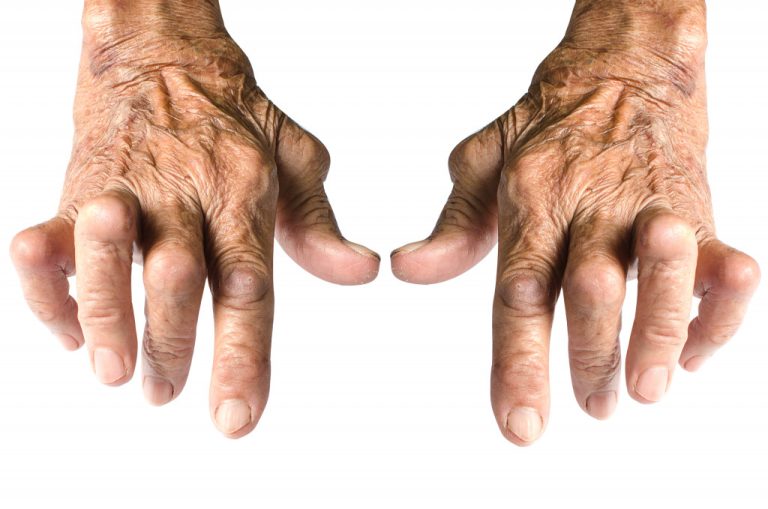Do you know what osteoporosis is and how it affects your body? Osteoporosis is a bone-thinning disorder that affects people of all ages, especially women. It can lead to fractures, disability, and even death if not properly managed. About ten million Americans have this disease, and knowing the signs and symptoms of osteoporosis can help you get diagnosed and treated early. Let’s take a look at what osteoporosis is and how it affects your body.
What Is Osteoporosis?
Osteoporosis is a medical condition where the bones become weak due to a lack of calcium and other minerals in the bones. This makes them more prone to fractures or breaks when subjected to certain stress levels. It can affect any body part but most commonly targets the spine, hips, wrists, shoulders, ribs, or ankles.
Symptoms
The most common symptom of osteoporosis is frequent fractures that occur with minimal trauma. Other signs may include back pain due to fractured vertebrae, loss of height over time due to compression fractures in the spine, stooped posture due to weakened vertebrae in the middle or upper back, and shoulder pain due to rotator cuff injury caused by weakened shoulder bones. However, other symptoms can affect the body, specifically a person’s jaw and teeth.
The teeth are made of calcium, just like bones, which can mean a lack of calcium in the body can lead to weaker teeth, causing chipped or cracked teeth. In worst-case scenarios, it can lead to a severe loss of teeth. Therefore, teeth replacement services become essential to people who have osteoporosis. These services can replace a person’s missing teeth with either an implant or a bridge, helping them to regain functional use of their mouth and smile.
The jawbone is also made out of minerals, mainly calcium, and if there is a lack of these essential minerals, it may cause the jaw to weaken and become deformed. As a result, the teeth may become loose or problematic, and you may experience pain in the jaw.
Other symptoms can be associated with osteoporosis, including muscle weakness, extreme tiredness or fatigue, loss of appetite, and dizziness. It is essential to talk to your doctor if you notice any of these warning signs so you can treat them.

Risk Factors
Many factors can cause osteoporosis. Here are some of the common risk factors for the disease.
Age
One of the most common risk factors for osteoporosis is age. It’s estimated that half of all people over age 50 will suffer from a broken bone due to osteoporosis at some point in their lives. Women are especially at risk after menopause since estrogen helps keep bones strong and healthy.
Gender
Women are also more likely than men to develop osteoporosis due to differences in hormones and body types. For example, men have larger skeletons and higher testosterone levels, which helps protect them from developing osteoporosis as they age. They may also be less likely to suffer from fractures due to their greater muscle strength and heavier builds compared with women.
Family History
The chances of developing osteoporosis also increase if there is a family history of the condition or other related health issues, such as rheumatoid arthritis or an eating disorder like anorexia nervosa. If either parent has had a fracture due to osteoporosis, their children may be at an increased risk of developing it themselves later in life. Additionally, people with close relatives with low bone density are more likely to develop it. Hence, you must regularly discuss any family medical history with your doctor to stay informed about your health risks.
Diet & Exercise Habits
Diet and exercise habits also play a role in determining one’s risk level for developing osteoporosis. For example, people who don’t get enough calcium and vitamin D in their diet may be more likely to develop weak bones over time since these two nutrients are essential for forming strong and healthy bones. Additionally, regular exercise helps strengthen bones by increasing bone density, so those who aren’t getting enough physical activity can be more susceptible to fractures caused by osteoporosis later on down the line as well.
Treatment
If you experience these symptoms for an extended period, you must see your doctor for diagnosis and treatment. Treatment usually involves medications such as bisphosphonates which reduce bone loss, calcium supplements, and vitamin D supplementation if needed to increase bone strength. Exercise also plays a vital role in building strong bones, so ensure you get enough physical activity each day!
Osteoporosis can have severe consequences if left untreated, so you must stay informed about this disorder so that you can recognize its signs early on. Talk with your doctor about any symptoms that concern you and lifestyle changes that can help prevent osteoporosis from occurring in the first place! Proper management makes it possible to keep your bones strong throughout your life!










